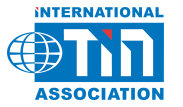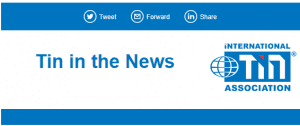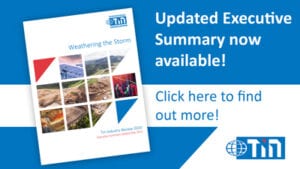Preliminary data based on pre-shipment checks for Indonesia’s trade ministry showed that tin exports in September had fallen by 92% compared to the same month last year. 786 tonnes of tin was cleared for export, of which 400 tonnes was in the form of ingots and the balance as solder. From 30 August all ingot exports have to be traded through a local exchange, which in practice means the Indonesia Commodity and Derivatives Exchange (ICDX). An application to establish a tin contract on the Jakarta Futures Exchange (JFE) was rejected by Indonesia’s market regulatory body on Monday.
The JFE application had been supported by the Serumpun Tin group of 18 private tin smelters. “It’s hard for us, some smelters have stopped operations and put workers on furlough,” Tjahyono Mukmin, president director of Serumpun Tin, told Bloomberg. “If this continues, it will definitely have a big impact,” Mukmin said, referring to Bangka Belitung, the biggest tin-producing region. “People have no income because smelters stopped operations, it could slow the economy.”
Indonesia’s state-controlled tin producer PT Timah continues to support the regulation and promote use of the ICDX. The rule’s “objective is how we can create a reasonable price,” Sukrisno, President Director at Timah, said in an interview on Bloomberg TV Indonesia. “Timah’s sales volume may drop this year but that’s fine. Our stockpiles will increase and prices will also gain. Hopefully, tin can reach $25,000/tonne by December.”
ITRI View: ICDX daily volumes are beginning to pick up, but the latest data shows that the export regulation is an even stricter bottleneck than previous expected. Pipeline stocks outside Indonesia should be sufficient to provide cover for a month or two, but there will be major problems for both tin users and Indonesian miners if there is not a relaxation after that.


